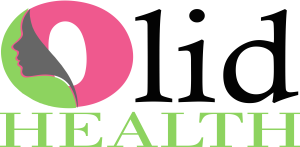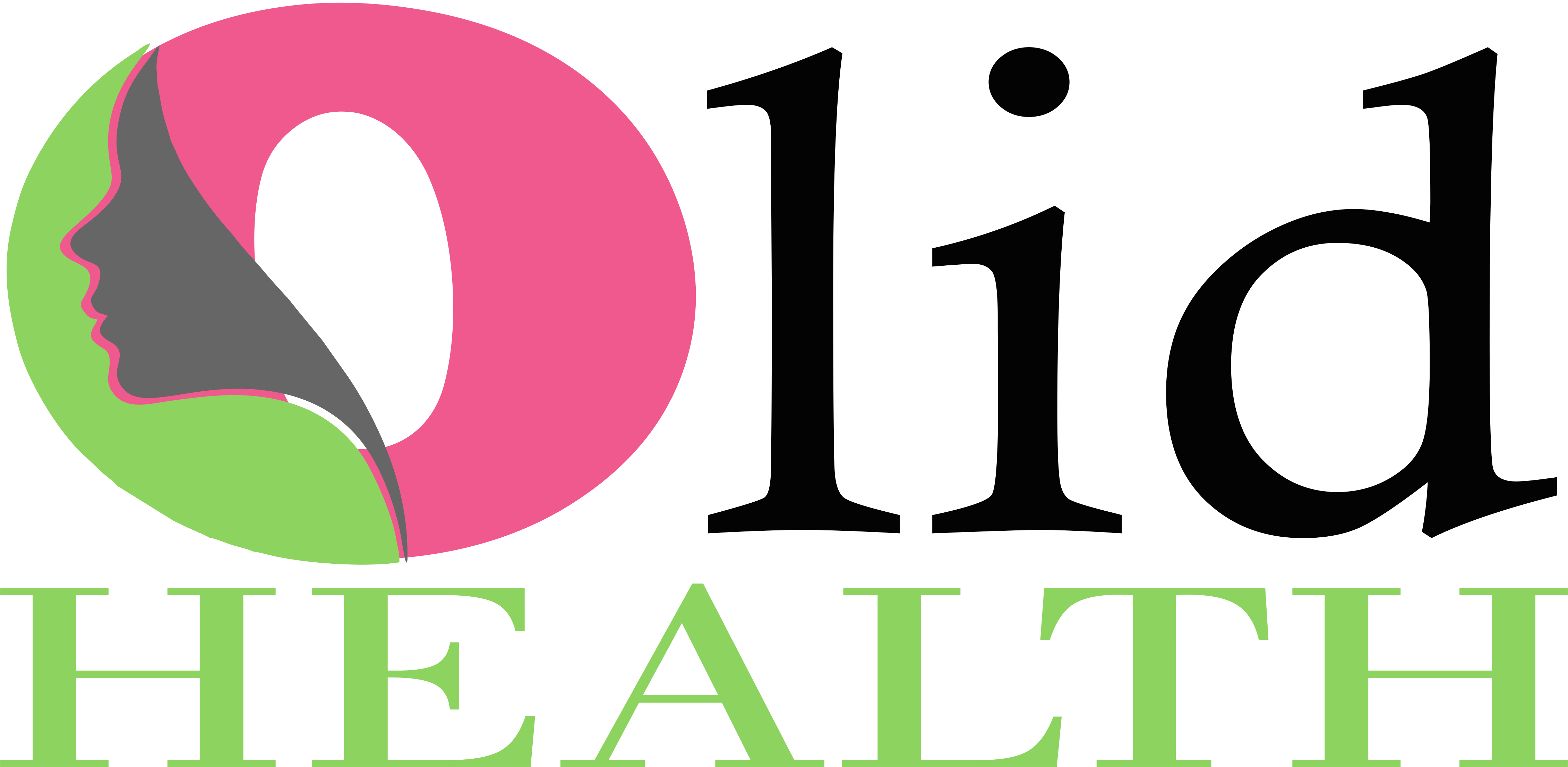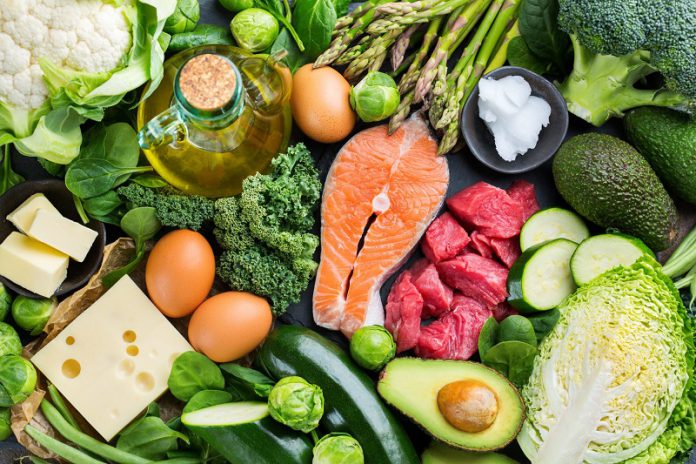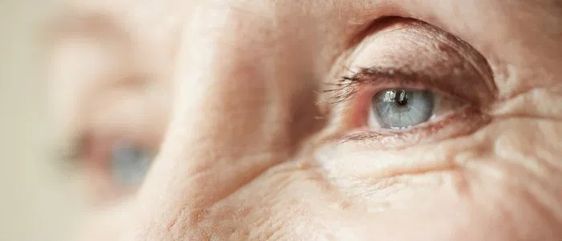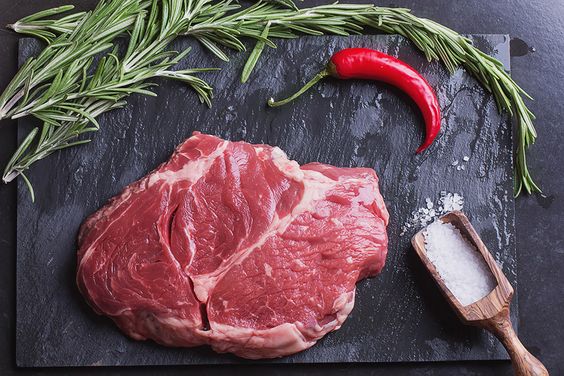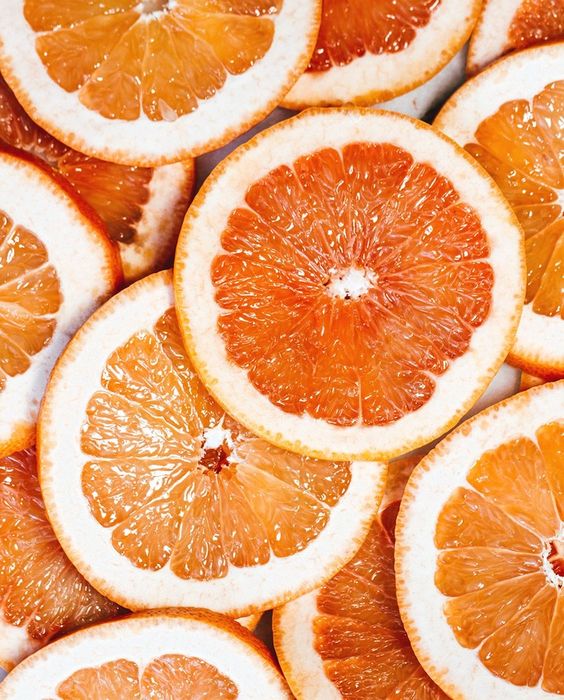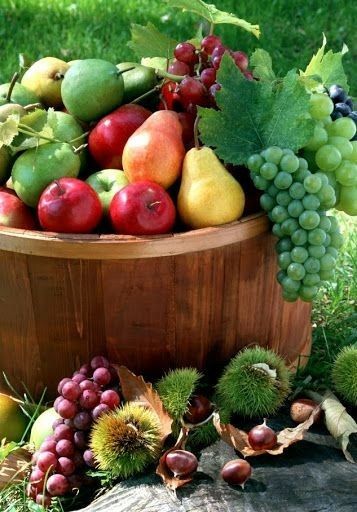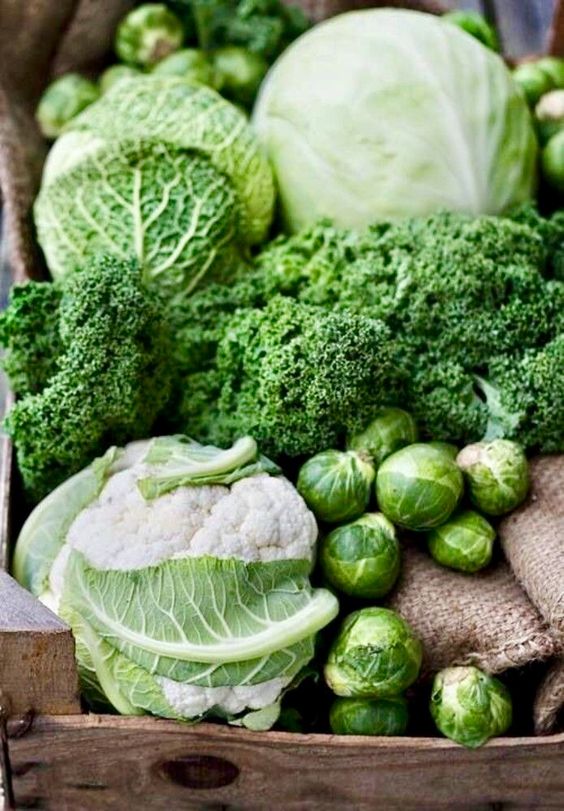olidhealth.com – We know that carrots have good benefits for eyes health but are we sure know it? It could be the best natural compound to preserve our eyes health because it contains vitamin A. To answer this matter, we need to understand it step by step.
To preserve eyes health, eyes need a chemical compound to help maintain it. Some chemical compounds can’t be produced in the body. So they need an external resource to obtain it. This chemical compound can be found in fruits or vegetables. If we don’t have enough of this compound, it will cause many problems such as Age-Related Macular Degeneration.
What is Age-Related Macular Degeneration?
Age-related macular degeneration or known as AMD is an eye disease that happens when aging causes damage to the macula [1]. It’s leading to blurry vision or even vision loss. There is no sign of early symptoms of AMD. However, in late symptoms can be worsened. Some people have faster to have AMD and some people are slower. The rate of increased symptoms of AMD may be linked to smoking behavior, hypertension, and too much eating unhealthy cuisine.
There are two types of AMD, the dry type and the wet type, and it can be distinguished by its severity.
- Dry-type – Early symptoms of AMD such as blurry vision and development of soft drusen and commonly affected in elder people. There is no treatment for dry-type of AMD but it can be prevented.
- Wet-type – Late symptom of AMD which has excess development of drusen. Drusen is an accumulation of fat or fluid under the retina. Oxygen to your eye can be blocked by drusen and lead to vision loss.
The development of Age-related macular degeneration can be surpassed by consuming food with high essential compounds. The natural compound in fresh fruits and vegetables can prevent the development of AMD.
There are other visual ailments that can grow out of control if you don’t take essential compounds regularly such as:
- Cataract – Clouding eye lenses can cause blurry vision or hard to see in dim light. It is caused by past injury or medical conditions like diabetes.
- Diabetic retinopathy – It’s like a cataract, high blood sugar lever cause damaging the retina.
- Glaucoma – build-up fluid that can disturb nerve connection to the brain. It is caused by high blood pressure or hypertension.
What causes which increase the risk of eye disease?
Lack of natural compounds that are essential for a specific purpose can increase the risk of eye disease and other diseases such as diabetes and beriberi.
Another reason that can develop eye disease such as:
- Smoking and an unhealthy lifestyle.
- Obesity – Uncontrol excess of saturated fat. It can lead to a wet-type of age-related macular degeneration.
- Having high blood pressure or hypertension.
- Over 50 years old – Get blurry vision over time are indicated to have prior symptom of dry-type of age-related macular degeneration. It could worsen to the wet type of AMD if those people smoking or have an unhealthy lifestyle
It is not late to change your routine. To preserve eye health, you can consume food with natural compounds and start a healthy lifestyle.
Best natural compounds that have good benefits to maintain eyes health
There are several natural compounds you can find in common foods. Most foods do have an essential feature to maintain body keep healthy, especially eyes health. You can prevent the development of AMD or other eye diseases with this compound.
Below are natural compounds to keep your eye stay healthy.
Retinol (Vitamin A)
Retinol or retinoid compounds are derivatives of vitamin A. The body can produce vitamin A from retinol compounds. Another derivative to produce vitamin A is the carotenoid compound. The benefit of vitamin A is maintaining eyes health and keeping skin from dryness [2] [3]. It also can reduce the risk of tuberculosis and severe measles.
Dietary routine from Retinol compound can be found in:
- Organ meat (lamb liver, chicken liver, beef liver, and pork liver)
- Fish (eel and bluefin tuna)
- Eggs
- Milk and processed (yogurt butter and cheese)
- Vegetables (spinach, sweet potatoes, and potatoes)
You can take retinol as a natural supplement if you need it. However, don’t consume too much. Excess amounts of retinol can cause severe headaches, dizziness, blurred vision, etc.
Ascorbic acid (Vitamin C)
Ascorbic acid or Vitamin C has great benefits to reduce the risk of various diseases. The main role of ascorbic acid is antioxidant and anti-inflammation to prevent damaged cells caused by free radicals. It also has good benefits for eyes health [3].
If you want to take ascorbic acid as a supplement, be cautious of side effects like diarrhea, vomiting, nausea, or heartburn. In rare cases, it can cause allergic reactions like dizziness and trouble breathing.
The best to get vitamin C is from fresh food like fruit or vegetable. Below are foods that contain ascorbic acid:
- Unique Berries (strawberry, blackberry, gooseberry, etc)
- Citrus fruit (orange and lemon)
- vegetable (broccoli, cabbage, spinach, and bell pepper)
Vitamin B complex
Vitamin B is a water-soluble compound that has benefits in the metabolism system. It is also one of the best natural compounds because it is essential to help preserve eyes health. Although its has health benefits, the human body hard to absorb this compound so excess consumption can be tossed away via the urinary system. We define these vitamins B by their natural compound and benefit in each of them.
Thiamine (Vitamin B1)
Thiamine or Vitamin B1 is one of the vitamin B complexes which essential to maintain the body, including eyes health. It’s used to support the nervous system and circulatory system.
Deficiency of Thiamine can weaken muscle and brain function, in worse cases, it leads to having beriberi disease and Wernicke-Korsakoff syndrome.
Below are foods that have thiamine compounds.
- Fruits (berries, orange, grape, jackfruit, avocado, and raisin)
- Vegetables (Acorn Squash, asparagus, corn, etc)
- Fish (salmon, trout, and tuna)
- Mussels
- Beans and seed (green peas, navy beans, and sunflower seed)
- Brown rice
Riboflavin (Vitamin B2)
Riboflavin or Vitamin B2 is a natural compound that helps the body convert food into energy. It is also one of the vitamin B complexes which has benefits to improve skin and eyes health. As an antioxidant agent, it can protect against the damaging cells in the eyes caused by free radicals. Another content in riboflavin is a photoprotective agent to prevent damage from ultraviolet radiation. Several studies suggest that riboflavin might help prevent cataracts and age-related macular degeneration. However, if you don’t have not enough riboflavin, it can cause inflammation and redness in the throat, mouth, and tongue.
The food that has a great resource of riboflavin is:
- Almond
- Organ meat (like liver or meat)
- Milk with low-fat content
- Yogurt
- Mushrooms
- Green vegetables (Like spinach, broccoli, and Kale)
You can take riboflavin include other vitamin b complex as a nutrition supplement. However, we suggest getting fresh food which has other health benefits for your body.
Niacin (Vitamin B3)
Niacin or Vitamin B3 has many benefits like regulating blood sugar levels and lowering cholesterol levels. It also has the ability to process fat and maintain blood vessels in the eyes.
A slight deficiency of niacin can lead to poor concentration, restlessness, and depression caused by lower blood sugar. In serious cases, it can affect pellagra, which leads to dementia, dermatitis, amnesia, or death.
Below are foods that have Niacin compound.
- Mushroom (Portobello, maitake, and white button)
- Fruits (avocado and berries)
- Meat (chicken breast, beef, and lean pork)
- Fish (yellowfin tuna, bluefin tuna, and salmon)
- Seed (hemp, chia, and sunflower)
- Eggs and milk
- Brown rice
- Peanut and bean
Pyridoxine (Vitamin B6)
Pyridoxine or vitamin B6 is an essential natural compound for processing amino acids in the body. It can maintain the immune and nervous systems. Pyridoxine may prevent the development of age-related macular degeneration [4]. Studies have linked that high blood pressure can be suppressed by pyridoxine medication.
The deficiency of Pyridoxine can cause many problems such as dermatitis, anemia, and even depression.
The food that has a great resource of Pyridoxine is:
- Fish (salmons and yellowfin tuna)
- Meat (chicken, lean pork, beef, and turkey)
- Fruits (banana, avocado, durian, and jackfruit)
- Vegetable (potatoes, and sweet potatoes)
- Nuts and seeds (pistachio nuts, sunflower, chestnut, and safflower)
Folate (Vitamin B9)
Folate or Vitamin B9 is an essential compound for the production of red blood cells. It also has a role to control cell function and tissue growth. Some studies find that Folate may reduce Age-Related Macular Degeneration [4].
The food that has a great resource of folate is:
- Green leafy vegetable (asparagus, spinach, broccoli, kale, brussels sprouts, and lettuce)
- Fruits (berries, avocado, orange, mango, lemon, banana, and melons)
- Beans (green soybean, lentils, black bean, and pinto bean)
Researchers can synthesize vitamin B6 to treat people with vitamin B9 deficiency. Folic acid is a man-made supplement option for vitamin B9. People with folate deficiency can lead to anemia. Be cautious to take folic acid medication because some people might have an allergy reaction to folates such as itching, redness in the skin, and heavy breathing.
Cobalamine (Vitamin B12)
Cobalamin or Vitamin B12 is one of the vitamin B complexes that role to help prevent age-related macular degeneration like cataracts. It also take a role in cell metabolism, the nervous system, and the formation of red blood cells. Some research suggests that cobalamine may reduce the risk of heart disease, including other vitamin B that has to be contributed like B9 and B6 [4].
Cobalamin deficiency can cause depression and uncontrol mood because have utility in serotonin production.
Dietary resources of vitamin B12 came from:
- Meat (such as chicken or turkey) and Organ meat (such as kidney and liver)
- Eggs
- Fish (tunas, salmon, and sardines)
- Clam and crabs
- Diary product (Milk, yogurt, and cheese)
Alpha-tocopherol (Vitamin E)
Alpha-tocopherol or Vitamin E have benefits as antioxidants to protect damaged eye cells caused by free radical scavengers. Antioxidants can also as immune boosters. Studies suggest that Vitamin E may decrease cataract and age-related macular degeneration [3]. Another benefit of vitamin E has reduced the production of blood clots and managing blood vessels. However, its have potential risk as thinner blood and hemorrhagic stroke
Below are foods that have Alpha-tocopherol compounds.
- Vegetables (tomatoes, broccoli, and spinach)
- Fruits (avocadoes and kiwi)
- Sunflower seed
- Almond
- Trout
- Shrimp
Lutein
Lutein is a carotenoid compound that has good benefits for eyes health. It’s one of the best natural compounds for maintaining eyes health. Its have a role to protect the eye, especially eye cell from being damaged by scavenging free radicals [3]. It also can induce the production of nitric oxide and reduce blood pressure. Another ability of Lutein is to filter blue light for reducing phototoxic damage in photoreceptor cells.
The human body can’t produce oxygenated carotenoids, so it must take from another resource like fruits or vegetables. The food that has a great resource of Lutein is.
- Paprika
- Dandelion
- Pepper
- Turnip greens
- Green leafy vegetables (like spinach and kale)
- Herbs (like basil and parsley)
Zeaxanthin
Zeaxanthin is a beta-carotene compound that can be converted to vitamin A in the body. It is also one of the best natural compounds because has antioxidant properties to protect again oxidative stress and increase immunity in the body [3]. Zeaxanthin is also one of the essential compounds to reduce the development of age-related macular degeneration. It also has a filtering effect for blue light which can damage eyes and skin. Another benefit of Zeaxanthin is to lower the risk of heart disease and stroke.
Zeaxanthin usually comes together with Lutein in fruits and vegetables because they are carotenoid compounds. These are foods that contain zeaxanthin
- Green vegetables (spinach, kale, broccoli, pumpkin, asparagus, carrots, and lettuce)
- Fruit (kiwi, orange, grape, and berries)
- Nuts and seeds (green peas, pistachios, flaxseed, and pumpkin seeds)
- Herbs and spices (parsley, basil, pepper, and paprika)
Be cautious in processing these foods, thermal processing can reduce the content of zeaxanthin. So the best way to consume it at fresh and raw.
Lycopene
Lycopene is a Carotenoid compound that contributes to maintaining eyes health. Carotenoids can be converted in the body to vitamin A. It also has antioxidant properties to protect from free radical scavengers. Another benefit of Lycopene is protecting from sunburn, reducing pain, and improving the nervous system.
Dietary resources of Lycopene came from:
- Tomatoes
- Papaya
- Guava
- Grape
- Watermelon
Conclusion
Eyes diseases like Age-related macular degeneration are caused by unhealthy lifestyles or complications of other diseases. We can prevent this matter by consuming healthy foods with high natural compounds. Fruits, vegetables, meats, and dairy products contain Natural compounds which have health benefits to our bodies.
Natural compounds can reduce or even prevent Age-related macular degeneration and other eyes diseases. Lutein, zeaxanthin, and lycopene are the best natural compound for maintaining eye health. Furthermore, keeping a healthy lifestyle like periodically physical training together with consuming high natural compounds will improve your eye and body health.
Reference
[1] https://www.ncbi.nlm.nih.gov/pmc/articles/PMC5712933/ – Age-related macular degeneration in general
[2] https://www.ncbi.nlm.nih.gov/pmc/articles/PMC2882531/ Retinoid (Vitamin A) for AMD treatment
[3] https://www.ncbi.nlm.nih.gov/pmc/articles/PMC6523787/ vitamin that prevents AMD
[4] https://www.ncbi.nlm.nih.gov/pmc/articles/PMC2648137/ several vitamin B complexes to treat AMD
